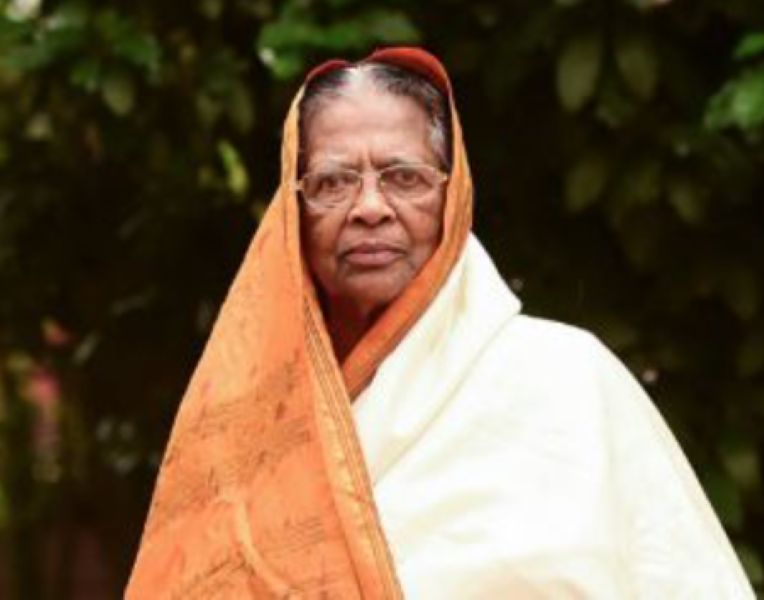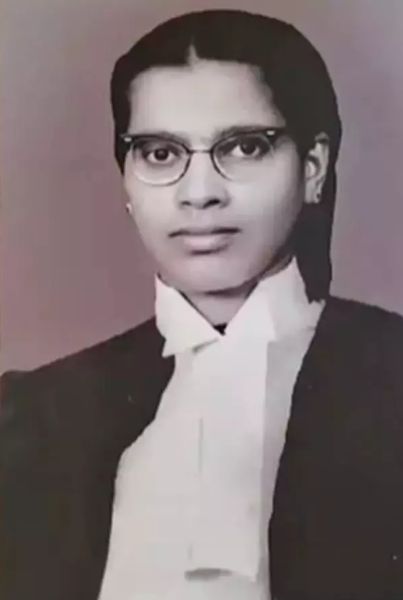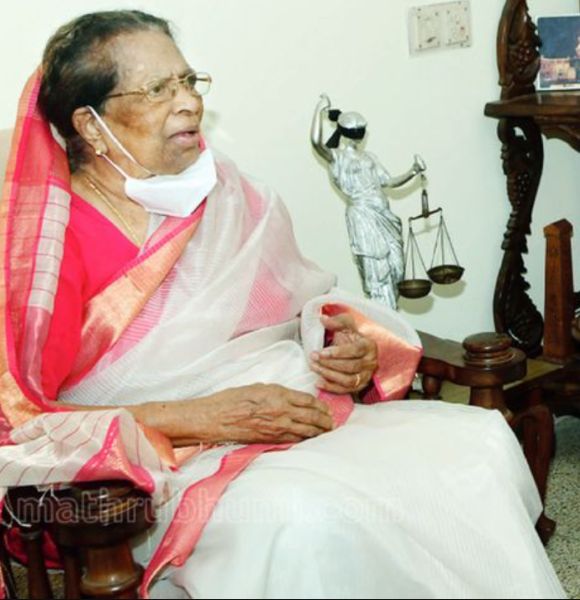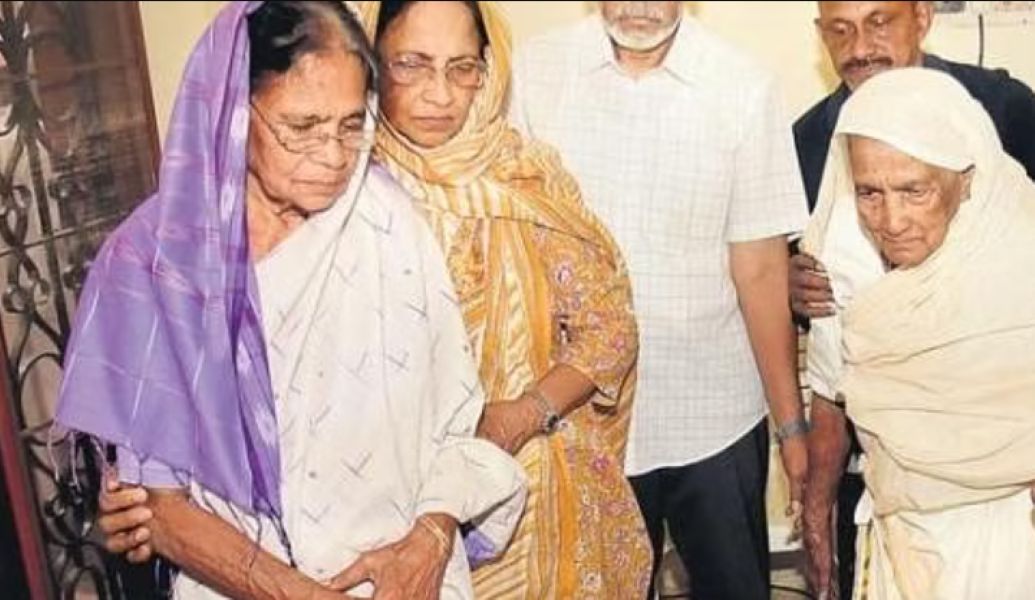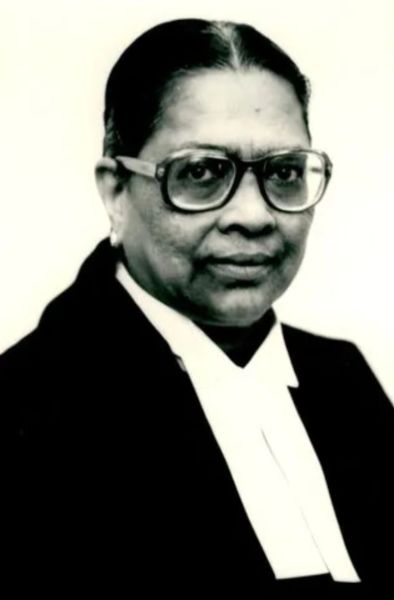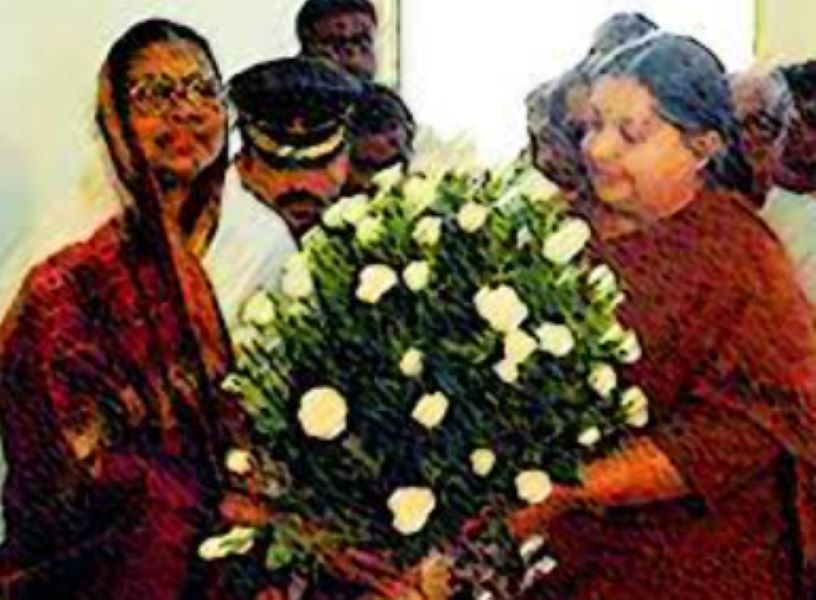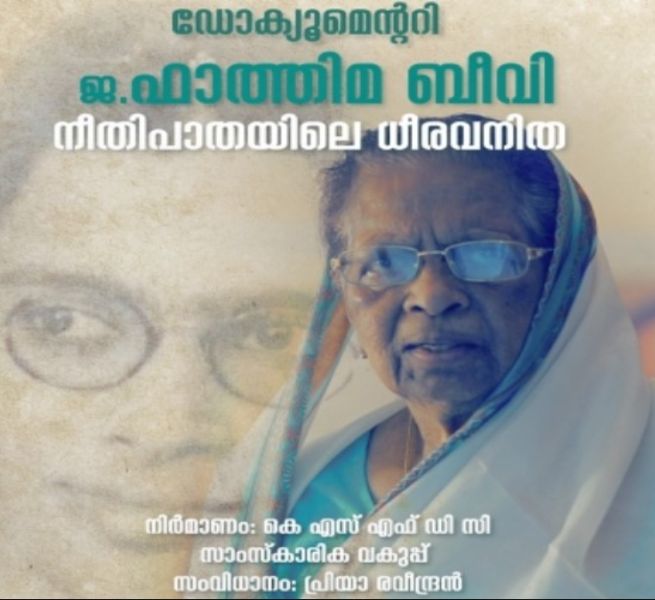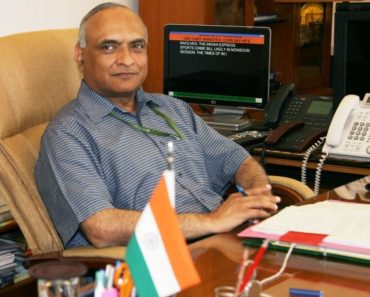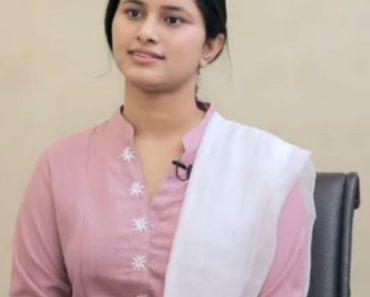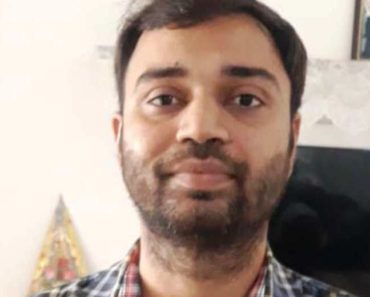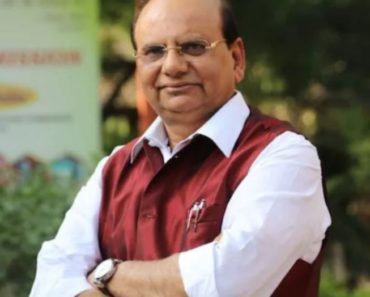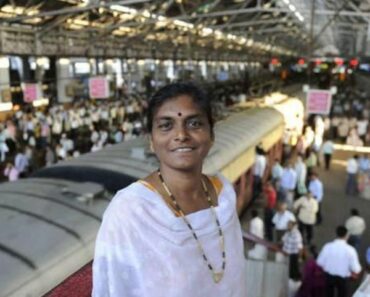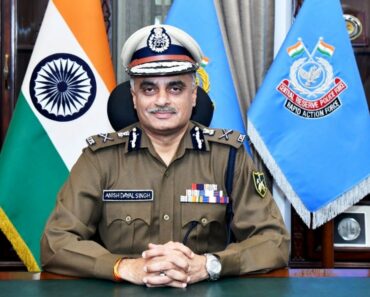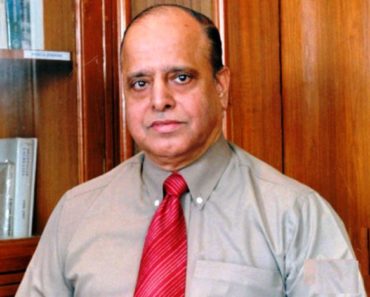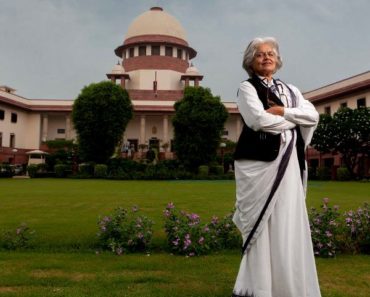Fathima Beevi (1927-2023) was an Indian judge. She was the first female Supreme Court judge in India and Asia. Fathima Beevi served as the Governor of Tamil Nadu. She passed away at the age of 96 in 2023.
Contents
Wiki/Biography
M. Fathima Beevi was born on 30 April 1927 (age 96 years at the time of death) at Pathanamthitta in the Kingdom of Travancore (now in Kerala, India). Her zodiac sign is Taurus. Fathima did her schooling at Town School and then Catholicate Higher Secondary School in Pathanamthitta. She received a Bachelor’s degree in Chemistry from University College Thiruvananthapuram (a part of the University of Kerala). After this, Fathima Beevi joined the Government Law College in Thiruvananthapuram, where she obtained a Bachelor of Law degree.
Physical Appearance
Height (approx.): 5′ 5″
Hair Colour: Black
Eye Colour: Black
Family
Fathima Beevi was born into a Rowther Family.
Parents & Siblings
Fathima’s father’s name is Annaveettil Meer Sahib. Her father worked in a government job. Her mother’s name is Khadeeja Beevi. The couple had eight children, six daughters and two sons, of whom Fathima was the eldest.
Religion
Fathima Beevi followed Islam.
Career
Law
Fathima Beevi became an Advocate on 14 November 1950, after being the topper of the Bar Council exam that year. Fathima was the first woman to receive a gold medal from the Bar Council. She started her career as an advocate in the lower judiciary in Kerala, She became the Munsiff in the Kerala Sub-ordinate Judicial Services in 1958. In 1974, Fathima became Chief Judicial Magistrate and was promoted to the District and Sessions Judge. In January 1980, she became the Judicial Member of the Income Tax Appellate Tribunal and was elevated to the Kerala High Court as a Judge on 4 August 1983. Fathima became a permanent Judge of the High Court on 14 May 1984 and retired on 29 April 1989. She served as a Judge in the Supreme Court from 6 October 1989, until she retired on 29 April 1992.
Fathima chaired the Kerala Commission for Backward Classes in 1993 and was a member of the National Human Rights Commission in the same year. She then served as the Governor of Tamil Nadu from 25 January 1997. During her tenure, she rejected mercy petitions from the four condemned prisoners in the Rajiv Gandhi assassination case. As Governor, she also acted as the Chancellor of Madras University.
Governor of Tamil Nadu (1997-2001)
Fathima Beevi became the Governor of Tamil Nadu in 1997. One significant moment during her time as Governor was when she rejected the requests for mercy from four prisoners linked to the Rajiv Gandhi case. Another important event was when she made J Jayalalithaa the Chief Minister of Tamil Nadu on May 14, 2001. But, this caused problems because Jayalalithaa couldn’t legally run in the elections then. People took it to court, questioning if Jayalalithaa’s appointment was valid. The Supreme Court later said Beevi’s decision was not right, stating that a Chief Minister must be a part of the legislature. Faced with controversies and pressure, Fathima Beevi left her position as Governor in 2001. The Union Cabinet suggested the President bring her back, expressing disappointment in how she managed things after the arrest of the former Chief Minister, M. Karunanidhi, and two Union Ministers, Murasoli Maran and T. R. Baalu. There were claims that she was too close to the government’s official stance. Her leaving marked the end of her time as the Governor of Tamil Nadu, and Dr. C. Rangarajan, the then Governor of Andhra Pradesh, stepped in as the temporary Governor of Tamil Nadu.
Controversies
Jayalalithaa Controversy
Fathima Beevi faced controversy when she invited then General Secretary of AIADMK, Jayalalithaa, to be the Chief Minister of Tamil Nadu, even though the latter did not contest in the elections as she was banned because she had been convicted in a corruption case. Former Law Minister Arun Jaitley called for Fathima’s resignation. Jayalalithaa’s party secured a simple majority in the Tamil Nadu Assembly after the May 2001 elections. Despite constitutional concerns, Fathima administered the oath of office to Jayalalithaa as Chief Minister.
Public Interest Litigations were filed in the Supreme Court challenging the validity of Jayalalithaa’s appointment. Fathima justified her decision, stating that the majority party in the assembly had elected Jayalalithaa as their leader. She also stated that she took the advice of the Supreme Court Judges and the Chief Justice of India. After this controversy, Fathima resigned after the Union Cabinet recommended her recall, due to her failure to provide an independent assessment of events following the arrest of Karunanidhi and two Union Ministers. Dr. C. Rangarajan, the then Governor of Andhra Pradesh, assumed the role of the acting Governor of Tamil Nadu. The Supreme Court also reversed Fathima’s appointment of Jayalalithaa as Chief Minister, by stating that the Governor cannot act opposite to the Constitution and laws, particularly in appointing a non-member as Chief Minister.
Awards & Honours
- Fathima Beevi was honoured with an Honorary Doctor of Letters (Hon. D. Litt.).
- Fathima Beevi was awarded the Mahila Shiromani Award in 1990.
- Fathima won the Bharat Jyoti Award.
- Fathima was awarded the US-India Business Council (USIBC) Lifetime Achievement Award.
- Fathima received the Kerala Prabha Award (the second-highest honour given by the Government of Kerala) in 2023.
- She was posthumously honoured with Padma Bhushan, the third-highest civilian award in India, in 2024.
Death
Fathima Beevi passed away on 23 November 2023 in Kollam, Kerala, India. She was diagnosed with pneumonia in the Travancore Medicity Hospital which she was admitted to after facing pulmonary issues. Fathima was 96 years old at the time of her death. Her funeral was held at the Town Juma Masjid in Pathanamthitta, her birthplace.
Facts/Trivia
- Fathima was interested in continuing her studies in science but was persuaded to study law by her father.
- When Fathima began studying in law school, there were only five girls in her class. The number later dropped to three.
- In March 2023, director Priya Ravindran put out a documentary following the life of Fathima Beevi. The documentary is “Neethipathayile Dheera Vanitha” (A Brave Woman on the Path of Justice).
- India’s left parties discussed the possibility of Fathima’s nomination as the President of India. However, the NDA Government proposed Dr A P J Abdul Kalam‘s name who went on to become President.
- Fathima Beevi was the first Muslim woman in India to be appointed to a higher judiciary (example of higher judiciary: Additional District Judge and Session Judge).
It was a privilege today to be asked to honour the legendary Justice Fathima Beevi, the first woman justice of the Supreme Court & the first Muslim woman Governor of a State. She is 93 & seemed in fine fettle. It’s so important for our young to be exposed to role models like her! pic.twitter.com/1XKqrOMcbP
— Shashi Tharoor (@ShashiTharoor) February 19, 2020
- Apart from her roles in law and politics, Fathima Beevi was involved in social activism and charitable work.
- In an interview, while talking about being the first female Supreme Court Judge, Fathima said “I opened a closed door”. Later, in 2016, she mentioned that the Indian justice system was patriarchal and that she felt there was a need for reservations for women in the higher judiciary. She also said,
There are many women in the field now, both at the bar and in the bench. However, their participation is meagre. Their representation is not equal to men. There is a historical reason also for that … Women took to the field late. It will take time for women to get equal representation in the judiciary. When I went to Law College, there were only five girls in my class in the first year. The number went down to two or three in the second year. Today, in law colleges, we are seeing that a good percentage of the students are women.” [1]The Quint

